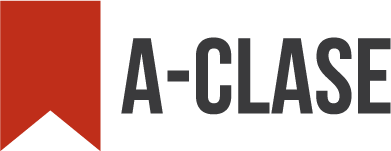About Dialogic
Gatherings
Dialogic Gatherings are a fundamental method used in the A-CLASE project and many other educational initiatives focused on social cohesion and inclusion. These gatherings involve participants coming together to share knowledge, experiences, and thoughts on various topics, such as literature, art, music, and other forms of human creativity, through egalitarian dialogue.
Dialogic Gatherings are open to everyone, regardless of age, gender, cultural background, education, or abilities. The goal is to create a space where all participants can contribute equally to collective learning and growth. Special emphasis is placed on including those who are traditionally excluded from educational and cultural processes, thereby promoting social justice and equal opportunities for all.

Who Are They For?
- Adults, Students and Pupils: Dialogic Gatherings help them improve language skills, critical thinking, and self-confidence.
- Parents and Families: Participation strengthens community bonds and allows parents to better understand and support their children’s educational process.
- Members of the Wider Community: All interested adults, including teachers, volunteers, and others, are given the opportunity to contribute and gain new knowledge and experiences.
The Seven Key Principles of Dialogic Learning
Dialogic Gatherings are guided by seven key principles that ensure all participants are treated equally and that interactions promote both personal and social growth
Egalitarian Dialogue
The value of arguments is based on their content, not on the social status of the speaker. Everyone has the same right to speak and be heard, regardless of their background or experience.
Cultural Intelligence
Recognizes that every individual possesses a certain type of intelligence, which includes academic, practical, and communicative intelligence, regardless of their education or social status.
Transformation
The purpose of education is not merely to adapt to the existing social reality but to transform it. Interactions based on egalitarian dialogue help overcome inequalities and foster positive changes in individuals’ lives and communities.
Creation of Meaning
Learning that is based on the needs and interests of participants allows them to find deeper meaning in education. Respecting cultural diversity and ensuring success for all creates motivation and meaning in learning.
Solidarity
Solidarity means providing equal learning opportunities for all participants, regardless of their social, economic, or cultural background. Effective learning is based on cooperation and mutual support rather than competition.
Instrumental Dimension
Access to fundamental knowledge and skills is essential for social inclusion. This includes learning key tools such as dialogue, critical thinking, and academic skills, which enable individuals to fully participate in modern society.
Equality of Differences
True equality means that everyone has the right to live and be different while being treated with the same respect and dignity as others.
History of Dialogic Gatherings
1980s
The Birth of Dialogic Literary Gatherings (DLGs)
Origin: DLGs originated at the La Verneda-Sant Martí Adult School in Barcelona, Spain, providing a space for adults to discuss classical literature through egalitarian dialogue.
Pioneering Work: Ramón Flecha laid the foundation for DLGs with his principles of dialogic learning, described in his book “Sharing Words” (2000).
1990s
Expansion and Recognition
Spread Across Spain: DLGs were adopted widely in adult education centers across Spain, promoted under the initiative “1001 Dialogic Literary Gatherings.”
Academic Interest: Esteemed authors and academics recognized the impact of DLGs, leading to their growing popularity and influence.
1999
Influence of Paulo Freire’s Pedagogy
Freire’s Impact: Paulo Freire’s pedagogical principles, particularly those focusing on dialogue and critical consciousness, strongly influenced the development of DGs. His work reinforced the importance of dialogue as a tool for empowerment and education (EAEA).
2000s
Internationalization and Diversification
Global Interest: DLGs spread internationally, attracting interest from educators and researchers around the world.
Diversification: DGs expanded into new forms, including Dialogic Musical Gatherings, Dialogic Art Gatherings, and Dialogic Scientific Gatherings.
2006
Recognition as Successful Educational Actions (SEAs)
INCLUD-ED Project: The European Commission’s INCLUD-ED project recognized Dialogic Gatherings as a Successful Educational Action, solidifying their role in enhancing educational outcomes and social inclusion.
2010s
Integration into Learning Communities
Inclusion in Schools: DGs became a key component of Learning Communities, implemented in schools, community centers, and even prisons, promoting inclusivity and egalitarian dialogue.
Impact on Education: Research highlighted the positive effects of DGs on academic performance, social relationships, and student engagement.
2016
project Scientific Literacy for All
Project Goals: The “Scientific Literacy for All!” project applied DLG principles to improve scientific literacy, making scientific knowledge more accessible to all segments of the population.
Implementation: This project illustrated how dialogic methods could be effectively used beyond the humanities, emphasizing the versatility of dialogic learning.
2021
Project Dive In Dialogue
Project Overview: The “Dive in Dialogue” project aims to expand the concept of Dialogic Gatherings into new fields such as music, arts, mathematics, science, and literature. Its primary focus is on elementary and high school students, fostering inclusive and interactive learning environments that improve academic success and social inclusion across diverse disciplines.
Implementation: The project provides teachers and educators with training and resources to effectively conduct Dialogic Gatherings, ensuring that these inclusive practices are accessible across Europe.
PRESENT
–
Continued Growth: DGs continue to evolve globally, with ongoing research confirming their impact on education and social transformation, ensuring their continued relevance and effectiveness.
RIC Novo mesto
Topliška cesta 2
8000 Novo mesto
Slovenia
Saygın Eğitimciler ve Girişimciler Derneği
Perpa Ticaret Merkezi Halil Rıfat Paşa Mah. Yüzer
Havuz Sk. No:1/1
1669 Şişli/İstanbul




